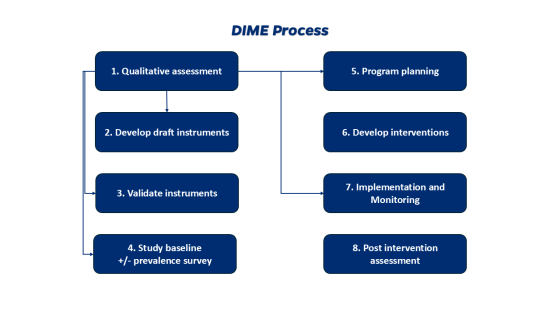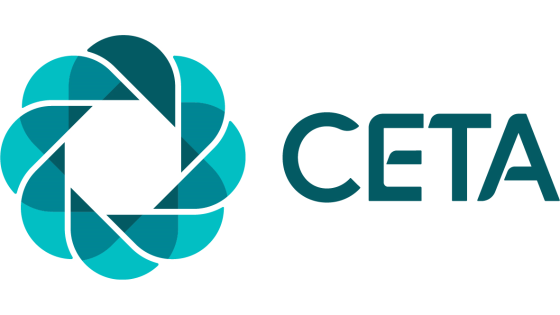Publications & Resources
Publications

Developing and Testing a Cross-Cultural Measure of Gender Norms and Mental Health in Adolescence
Shoshanna Fine, PhD, MPH, and her international research team are tackling a critical gap in adolescent mental health by developing a cross-cultural measure of how gender norms impact mental health across diverse global contexts.The study builds on findings from UNICEF’s 2021 report, revealing that gender norms significantly shape how adolescents express and cope with psychological distress. Read more about this project and the tool that can ultimately inform gender-transformative interventions to improve mental health outcomes for adolescents worldwide on our website.

A call to action: the second Lancet Commission on adolescent health and wellbeing
Pamela Collins, chair of DMH, and PhD candidate, Tina Mensa-Kwao, served as Commissioners for “A call to action: the second Lancet Commission on adolescent health and wellbeing.” They contributed their mental health research and expertise to the Commission's report, launched on May 21, at a side event to the World Health Assembly in Geneva. The report calls for increased investment, multi-sectoral collaboration, and youth participation in improving adolescent health around the world.

Longitudinal Investigation of Stigma and Psychosocial Outcomes Among Women Exposed to Sexual Violence in the Democratic Republic of Congo.
Current studies suggest relationships between sexual violence, stigma, and psychosocial functioning but cannot disentangle temporal relationships. We used longitudinal data from the Democratic Republic of Congo to fit models estimating whether stigma predicted the long-term psychosocial well-being of sexual-violence-exposed women who participated in a cognitive processing therapy trial.
The DIME Program Research Model: Design, Implementation, Monitoring and Evaluation
The DIME model is a process program Design, Implementation, Monitoring, and Evaluation developed and used by the Applied Mental Health Research (AMHR) Group since 2000. The model is a series of activities that combines evidence-based programming with rigorous monitoring and impact evaluation. The purpose is to provide a rational basis and approach for local programming while also generating information and lessons learned that can inform future services. AMHR have developed a manual of DIME which has 6 modules, each referring to a separate activity.

Common Elements Treatment Approach (CETA)

Common Elements Treatment Approach (CETA) is a transdiagnostic approach to address common mental and behavioral health challenges that can be implemented by a wide range of practitioners. It has been implemented in more than ten different countries. There is a network of global CETA trainers and supervisors, and it can be implemented for children, adolescents, adults and families.
Resources
The Evolution of Global Mental Health Research: Where We’ve Been and Where We Are Going
Lecture by Judith K. Bass, PhD ’04, MPH, MIA
Professor, Department of Mental Health
Johns Hopkins Bloomberg School of Public Health
Global Mental Health: Opportunities at the intersections
Lecture by Pamela Collins, MD, MPH
Chair and Bloomberg Centennial Professor
Department of Mental Health
Johns Hopkins Bloomberg School of Public Health
